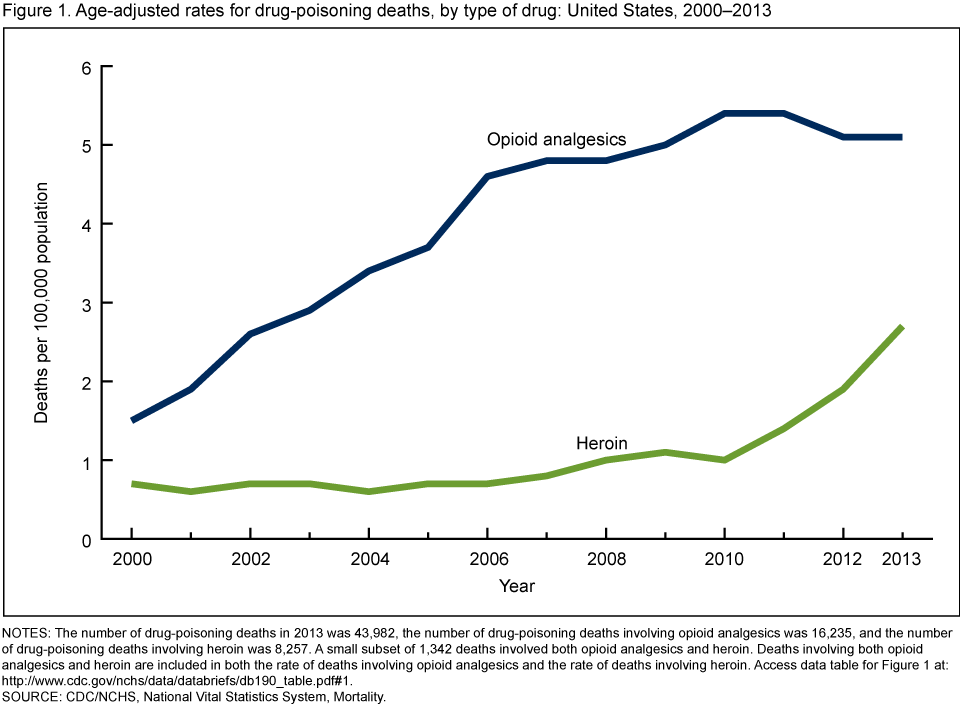JAMA Intern Med. 2014 Oct;174(10):1668-73. doi: 10.1001/jamainternmed.2014.4005.
Medical cannabis laws and opioid analgesic overdose mortality in the United States, 1999-2010.
Bachhuber MA1, Saloner B2, Cunningham CO3, Barry CL4.
Author information
1Center for Health Equity Research and Promotion, Philadelphia Veterans Affairs Medical Center, Philadelphia, Pennsylvania2Robert Wood Johnson Foundation Clinical Scholars Program, University of Pennsylvania, Philadelphia3Leonard Davis Institute of Health.
2Leonard Davis Institute of Health Economics, University of Pennsylvania, Philadelphia4Robert Wood Johnson Health and Society Scholars Program, University of Pennsylvania, Philadelphia.
3Division of General Internal Medicine, Montefiore Medical Center/Albert Einstein College of Medicine, Bronx, New York.
4Leonard Davis Institute of Health Economics, University of Pennsylvania, Philadelphia6Department of Health Policy and Management, the Johns Hopkins Bloomberg School of Public Health, Baltimore, Maryland.
Erratum in
JAMA Intern Med. 2014 Nov;174(11):1875.
Abstract
IMPORTANCE:
Opioid analgesic overdose mortality continues to rise in the United States, driven by increases in prescribing for chronic pain. Because chronic pain is a major indication for medical cannabis, laws that establish access to medical cannabis may change overdose mortality related to opioid analgesics in states that have enacted them.
OBJECTIVE:
To determine the association between the presence of state medical cannabis laws and opioid analgesic overdose mortality.
DESIGN, SETTING, AND PARTICIPANTS:
A time-series analysis was conducted of medical cannabis laws and state-level death certificate data in the United States from 1999 to 2010; all 50 states were included.
EXPOSURES:
Presence of a law establishing a medical cannabis program in the state.
MAIN OUTCOMES AND MEASURES:
Age-adjusted opioid analgesic overdose death rate per 100 000 population in each state. Regression models were developed including state and year fixed effects, the presence of 3 different policies regarding opioid analgesics, and the state-specific unemployment rate.
RESULTS:
Three states (California, Oregon, and Washington) had medical cannabis laws effective prior to 1999. Ten states (Alaska, Colorado, Hawaii, Maine, Michigan, Montana, Nevada, New Mexico, Rhode Island, and Vermont) enacted medical cannabis laws between 1999 and 2010. States with medical cannabis laws had a 24.8% lower mean annual opioid overdose mortality rate (95% CI, -37.5% to -9.5%; P = .003) compared with states without medical cannabis laws. Examination of the association between medical cannabis laws and opioid analgesic overdose mortality in each year after implementation of the law showed that such laws were associated with a lower rate of overdose mortality that generally strengthened over time: year 1 (-19.9%; 95% CI, -30.6% to -7.7%; P = .002), year 2 (-25.2%; 95% CI, -40.6% to -5.9%; P = .01), year 3 (-23.6%; 95% CI, -41.1% to -1.0%; P = .04), year 4 (-20.2%; 95% CI, -33.6% to -4.0%; P = .02), year 5 (-33.7%; 95% CI, -50.9% to -10.4%; P = .008), and year 6 (-33.3%; 95% CI, -44.7% to -19.6%; P < .001). In secondary analyses, the findings remained similar.
CONCLUSIONS AND RELEVANCE:
Medical cannabis laws are associated with significantly lower state-level opioid overdose mortality rates. Further investigation is required to determine how medical cannabis laws may interact with policies aimed at preventing opioid analgesic overdose.


